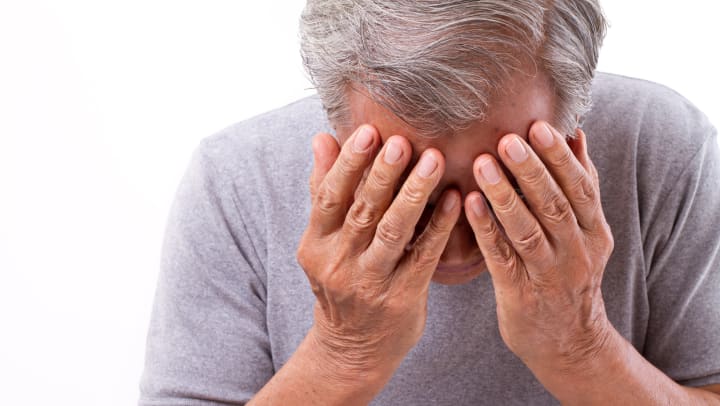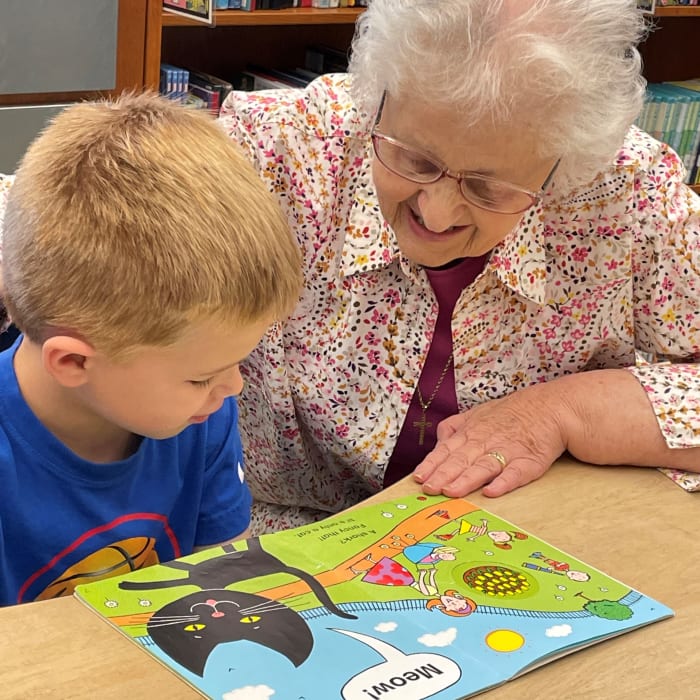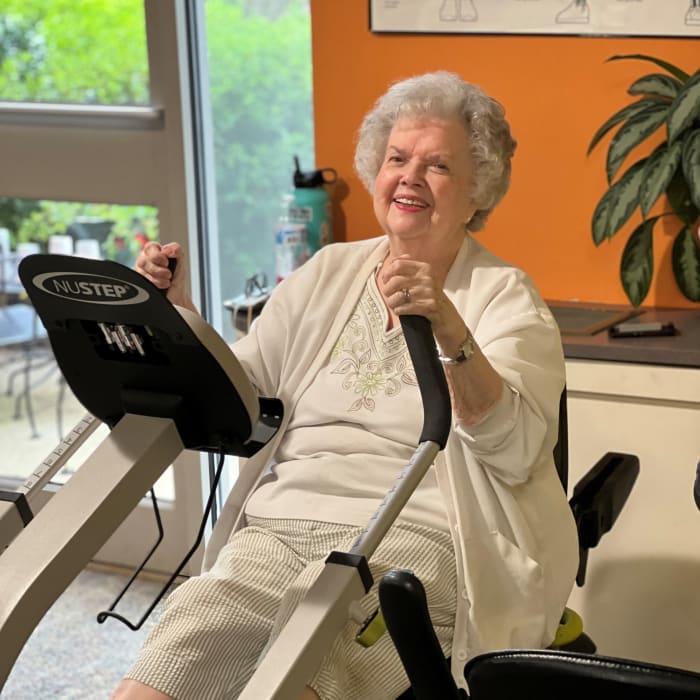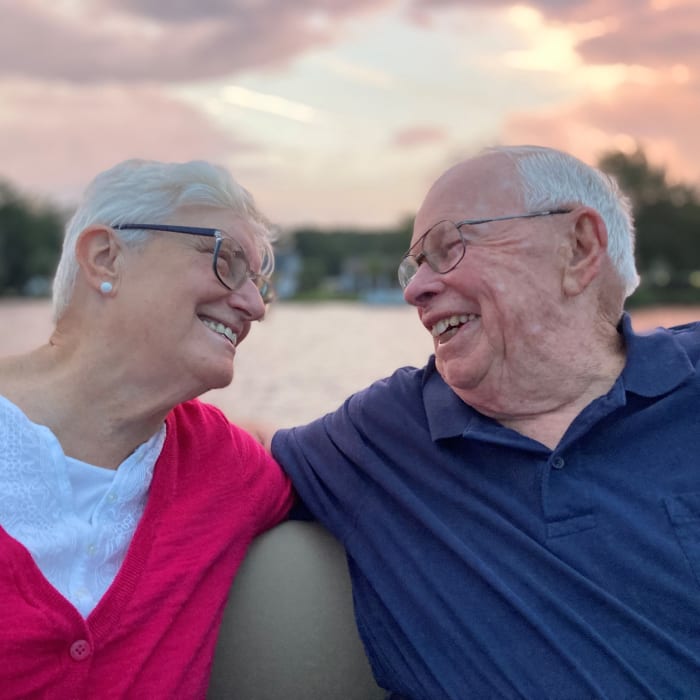Be mindful of mental health
Coping in stressful situations
Everyone responds differently to stress brought on by a disease outbreak, financial crisis or other high-intensity events. Health care workers and first responders, older and at-risk adults, people with mental or behavioral health conditions and anyone experiencing high levels of anxiety and fear may respond strongly to the stress of a crisis.
Intensely stressful situations take a toll on the body, particularly when difficult circumstances extend over a long period. When the body goes into “fight or flight” mode, it quickly floods the bloodstream with cortisol and adrenaline. For short durations, the stress response can help you deal with difficult events, and once they are over, your hormone levels return to normal. However, the long-term activation of the stress response can disrupt your body’s systems.
Symptoms of stress often include mental states such as anxiety or depression, or physical symptoms such as back or neck pain, digestive issues, headaches and high blood pressure. Fatigue and insomnia are also potential side-effects of long-term stress response.
Managing stress
The first step in coping with stress is recognizing when you’re experiencing it. Next, you need to choose healthy ways to deal with your stress. You may want to try several techniques to find the ones that work best for you. If you can’t avoid the event or thing causing your stress, change how you react to it:
• Concentrate on the present. A lot of stress builds up when we worry about what happened in the past or will happen in the future, especially things we can't influence. Concentrate on present conditions you can control.
• Tackle problems one at a time. It’s easier to work out a solution to one problem than to many. Isolating problems also tends to make each one less intimidating.
• Ask for help from family, friends or professionals. People who care about you are usually willing to lend a hand when you need it. They may also give you a different perspective on your troubles.
• Set realistic goals. Take small concrete steps to deal with tasks instead of overwhelming yourself with goals that are too far-reaching for busy times.
Taking care of your body
Stress often suppresses your immune system, so make sure to give your body every chance to stay healthy. Take care of your body and mind to alleviate some of the negative effects of stress.
• Make time for things you enjoy. Get away from your daily stresses with hobbies or other activities that help you unwind.
• Plan relaxing activities. Focus your mind and body on a calming activity. Relaxing may be as simple as deep breathing, petting your dog or listening to a favorite recording. Other relaxation strategies include yoga, tai chi and meditation.
• Exercise and eat a balanced diet. Exercise releases your nervous energy, helps boost the immune system and improves sleep. It also distracts you from the stressful situation and reduces levels of the stress hormone cortisol. A balanced diet ensures that your body gets the nutrients it needs to fight off disease.
• Rely on social support. The support that family and friends may be crucial to reducing anxiety. Social involvement with others will also help you avoid isolation and depression, conditions that can increase stress, especially at this time. Call a friend or set up a video chat to stay connected with others.
Reaching out for help
If stress is negatively affecting your mental or physical health, don’t hesitate to ask for help.






